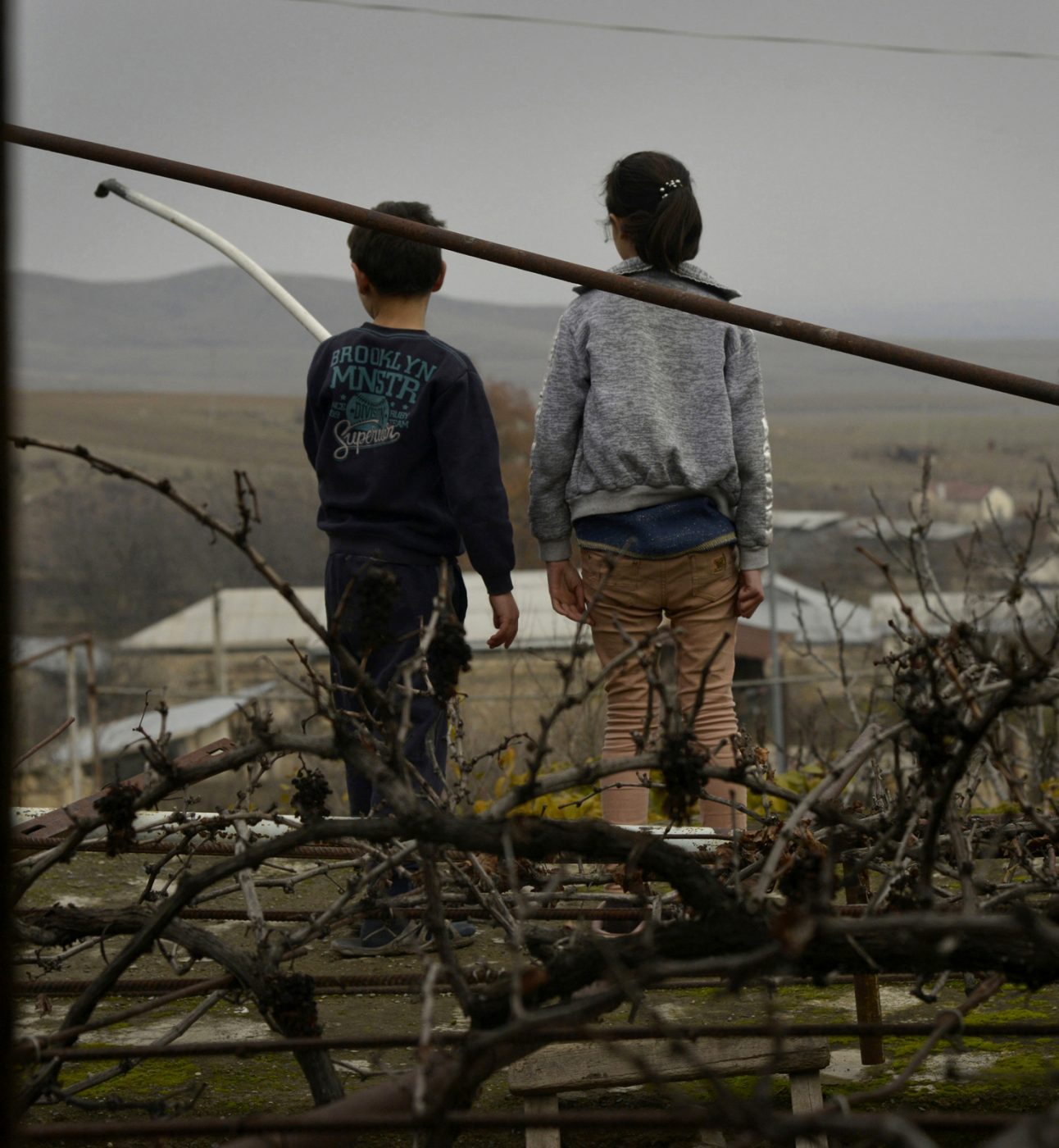
Memories Without Borders
A film looking at the personal memories of people affected by Turkish-Armenian and Armenian-Azerbaijani conflicts.
A documentary film by a team of Armenian, Azerbaijani and Turkish directors.
The description of this project has been provided by Conciliation Resources.
Memories Without Borders is a documentary film looking at the personal memories of people affected by Turkish-Armenian and Armenian-Azerbaijani conflicts.
The film was directed by a team of Armenian, Azerbaijani and Turkish directors: Levon Kalantar, Ayaz Salayev and Mehmet Binay. It is in four parts, each covering a different story. The protagonists are:
The background to this project was the attempted Armenian-Turkish normalisation process of 2009–2010. In response, filmmakers wanted to open a dialogue through film about contested memories, taboos and their legacies and to stimulate debate about current preconceptions and stereotypes about Turks, Armenians and Azerbaijanis. This cooperation resulted in a thought-provoking film.
By the time the film came out, Armenian-Turkish normalisation was no longer on the agenda. Nonetheless, it provided a platform for Azerbaijani and Armenian journalists to collaboratively explore what the Turkish-Armenian process meant for the Nagorny Karabakh conflict.
This resulted in mixed feedback from viewers. Some felt that the explicit connections made between Armenian-Turkish and Armenian-Azerbaijani relations were unhelpful, while others felt there were “too many Armenian stories” and not enough Turkish and Azerbaijani ones.
Nonetheless, it was well received critically, with journalist Myrna Douzjian stating: “All in all, ‘Memories Without Borders’ is a must-see because of its novel approach to the representation of the geopolitical conflicts that plague Armenia. The film offers more than just a pacifist message about regional conflict; it open-endedly frames provocative questions about identity and personal choice, forcing viewers to grapple with the reality of traumatic histories – irrespective of which side of the border one calls home.”
Commentary about the film by Conciliation Resources:
Laurence Broers, Turks, Armenians and Azeris: Mirrors and Memories, The Caucasus Edition: Journal of Conflict Transformation, 1 November 2021.
Film review:
Myrna Douzjian, On the Sidelines, but Noteworthy: Three Documentaries at the AFFMA Film Festival This Weekend, Asbarez.com, 26 November 2012.
Photograph by Vaghinak Ghazaryan
Memories Without Borders provides real-life examples of the choices that Turks, Armenians and Azeris confront, whether these are to speak out about a secret ancestry or keep silent; to accept or reject violence in the present as justice for violence in the past; to relive and institutionalise, or forget and obliterate, experiences as victims and as perpetrators.Laurence Broers, project coordinator
Public diplomacy isn't only about realising projects, it's also about establishing personal relationships. And I think it's a very important thing when we can realise projects by developing trusting, normal relations and friendly professional ties.Project implementer

A film looking at the personal memories of people affected by Turkish-Armenian and Armenian-Azerbaijani conflicts.